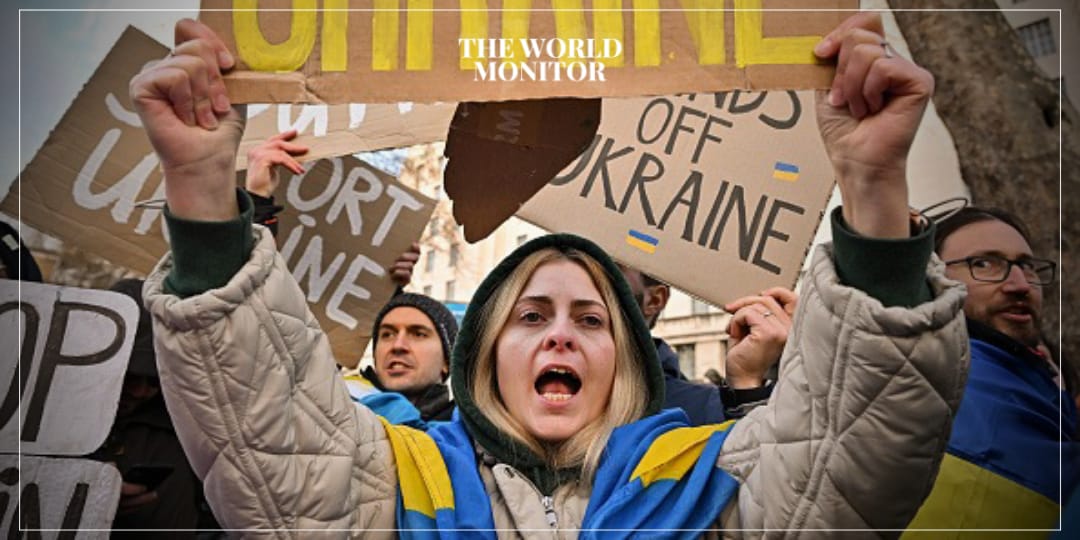The recent political developments in the Netherlands and Germany are casting doubts on Ukraine’s ability to secure additional financial support.
According to a Financial Times report citing anonymous sources, internal political conflicts in Europe, particularly ahead of the Brussels summit scheduled for December 14-15, have heightened the risk of Ukraine facing a sovereign default due to a funding shortfall of EUR 50 billion.
The report highlights that the electoral success of Geert Wilders and his right-wing Freedom Party in the Netherlands, known for its criticism of the European Union (EU) and opposition to funding Ukraine with Dutch taxpayers’ money, has significantly weakened the previously unanimous support for financial aid to Kyiv.
Moreover, the situation is further complicated by the budget crisis in Germany. The Federal Constitutional Court has imposed significant restrictions on the government’s spending, creating challenges for the current coalition government.
Chancellor Olaf Scholz’s recent budget proposal was met with criticism in the Bundestag, leading to doubts about the continuation of financial aid to Ukraine.
These political shifts in key European countries are threatening Ukraine’s expectation of receiving the 50 billion euros it was promised, which is crucial to prevent a default on its sovereign debt.
The Ukrainian military announced an increase in Russian military fatalities, totaling 332,040 since the onset of the military operation on February 24 last year.
According to the Ukrainian Armed Forces General Staff, reported by Ukraine Form News Agency, Russia also suffered substantial losses in military equipment, including thousands of tanks, armored vehicles, artillery systems, rocket launchers, air defense systems, fighter jets, helicopters, warships, and a submarine.






